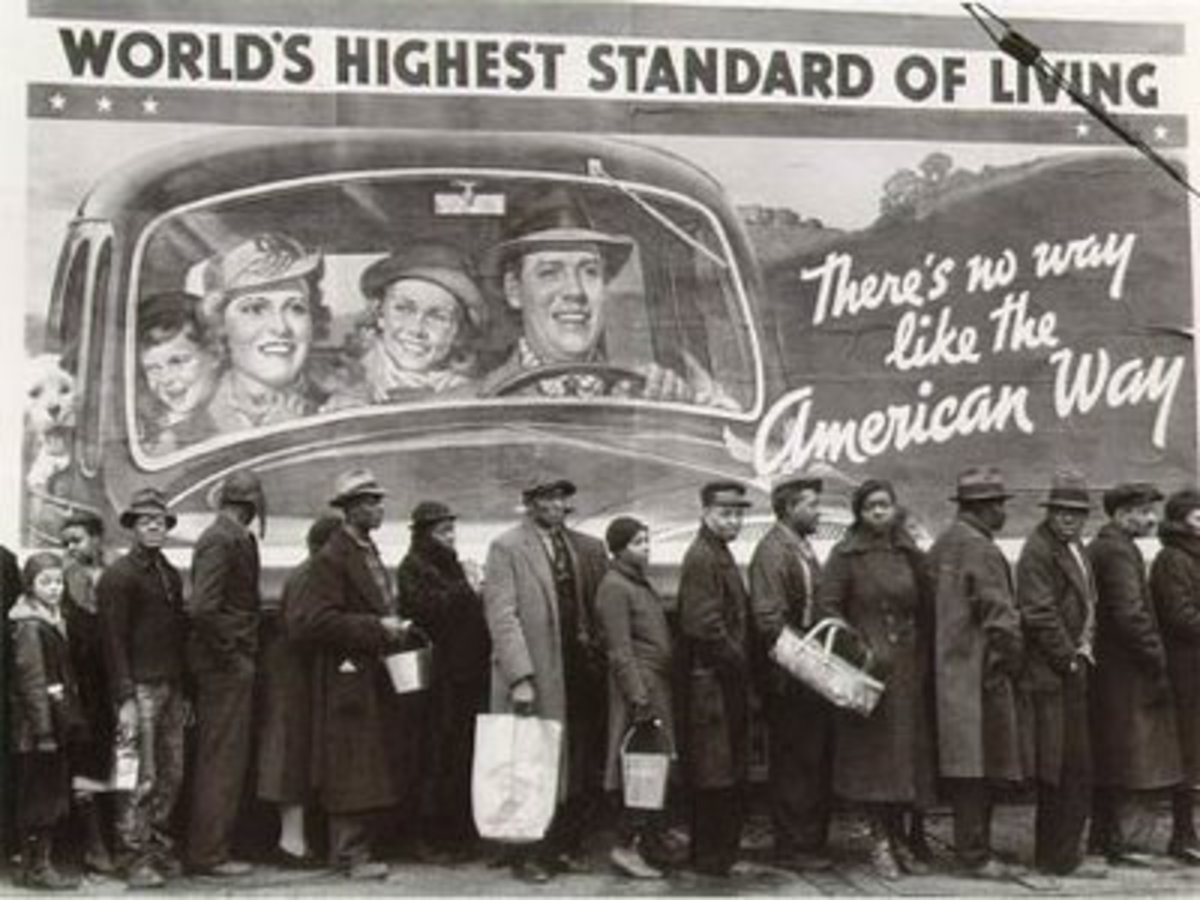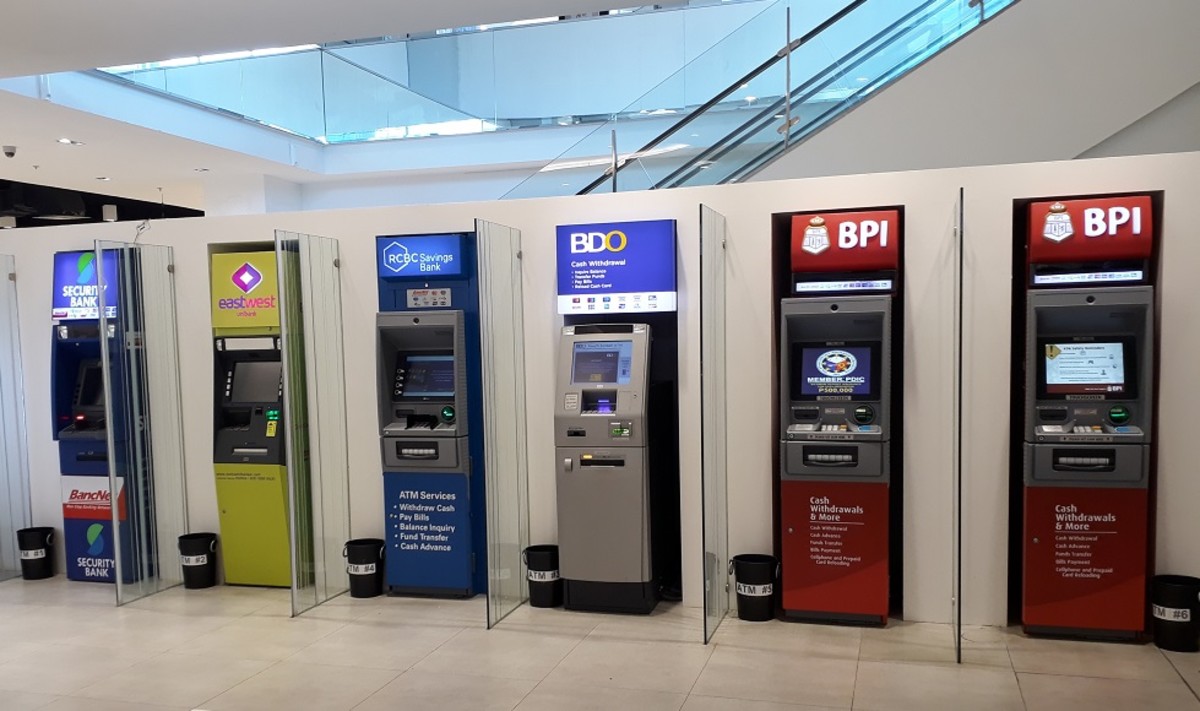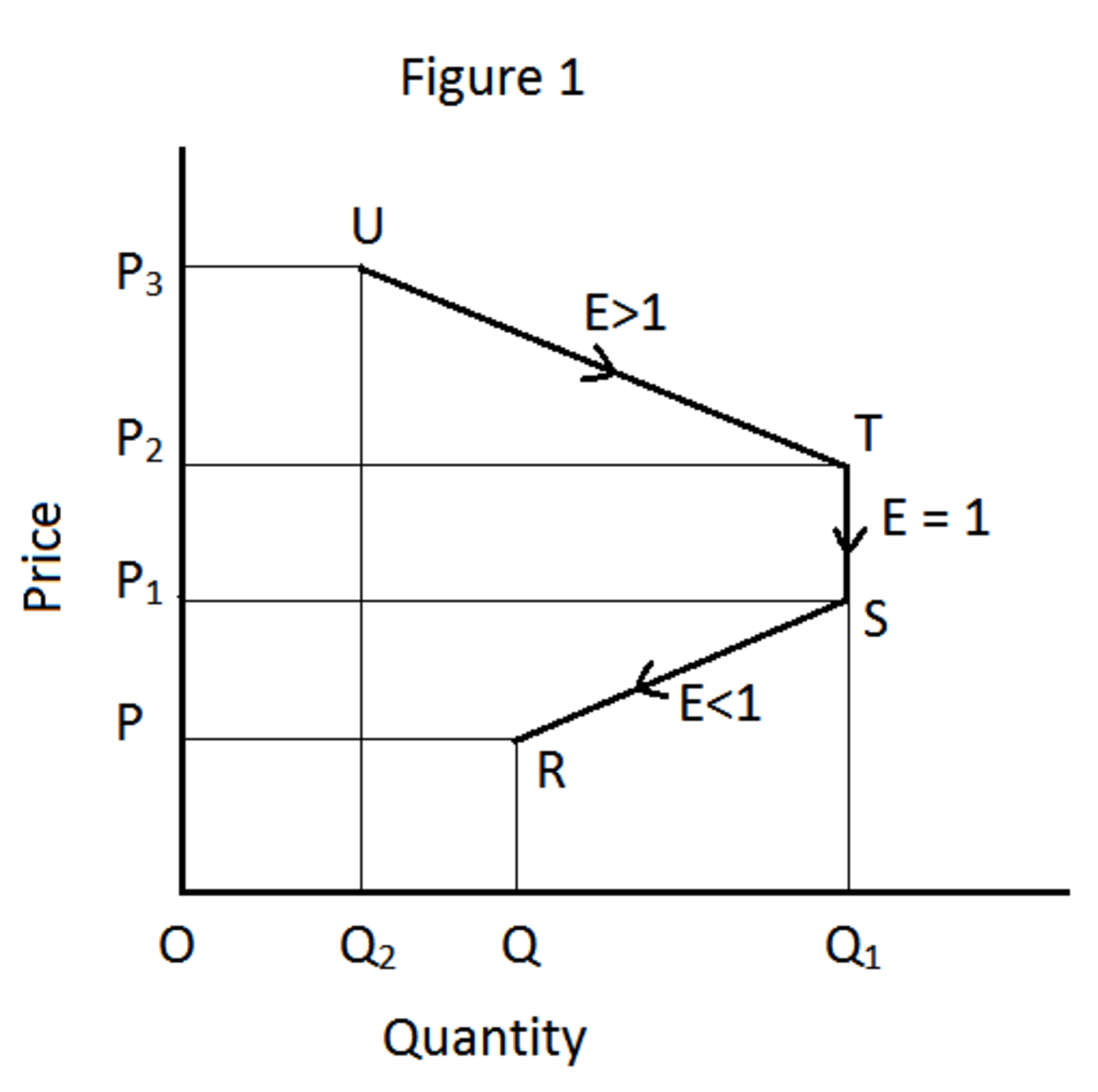Central Banks: Do We Really Need ‘Em?

What’s a central bank? According to Paul N. Courant of the book titled Economics, “a central bank is the government institution that serves to control the banking system and is the sole money-issuing authority.” What this means in laymen terms is that central banks are centers of government cronyism. And in the United States, this cronyism is “twelve-fold”—that is, while most nations have only one central bank--i.e., the Bank of England, Bank of Japan, Bank of Canada, etc—the United States has twelve different central banks. Why so many? Well, the nice answer is that these twelve central banks reflect our geographic size and economic diversity, but the answer most Americans refuse to hear is that these twelve banks—as controlled by the twelve board of governors—are twelve reasons why our economic engine could be afflicted with bad oil. Anytime anything goes from a private, profit-making institution in an advanced free-market economy, to being the sole instrument of the government, there could be cause for economic inquiry.
Through central banks, the Fed has been able to gather a monopoly on the currency creation of this nation. A central bank, also referred to as a reserve bank, is a banking institution granted complete dispensation to loan a government its currency: a banker’s bank, quasi-public banks, or whatever the preconceived public moniker, the entire concept of central banks comes across as a complete and utter economic malediction. Central banks are economic juggernauts and serve as metaphors for illogical monetary policies. Today’s hostile economic environment is living proof that central banks are centers of complicity and that there need to be a system of “checks and balance” put in place to protect the integrity of U.S. monetary system. What are the functions of central banks? A central bank serves four main functions: it’s a banker for commercial banks, a banker for the government, the controller of the nation’s supply of money, and a regulator of money markets (Courant). What all this really means is that central banks serves as major hubs for “big gov’s” illogical monetary policies.
Our current economic engine breakdown is proof that central banks are far from perfect. Through economic trial and error, these 12 governors have managed, overtime, to overtly cause our current economic engine to misfire. Also, these same central banks are armed with hidden motives. What do I mean by hidden motives? I mean just that: “big gov” has given itself full autonomy to screw with our economic engine’s ability to move. If our engine wants to move kind of fast, the Fed—through monetary policy—can slow it down, if our engine wants to cool down a bit, the Fed—through monetary policy—can speed it up. The hidden motives have always been “one” of complete macroeconomic domination.
What’s the solution to all this? If central banks were made independent but private, they would be less likely to engage in complicity; thereby removing the threat of hidden motives by the hands of government. Also, an independent private central bank is almost a sure fire way of improving long-term economic performance in this country—an independent private central bank would be motivated by profit and less by pure power. Pretty much everything that today’s central bank does is in the short-term and this just doesn’t work in an advanced economic society.
This said, because advanced economic societies like the United States, France and Germany are geared towards receiving a constant flow of emigrants, its economic engines; nonetheless, have to be progressively long-term in structure. Why are the objectives of central banks always geared towards short-term principles? Because in the short-term, it’s much easier to clandestinely influence the market process—that’s why. The solution to our problems is knocking at our doors, but we don’t want to answer. Instead of twelve separate, government controlled central bank, why not have one independent private central bank? This bank would have the authority to essentially run its own operations (appointing staff, setting budgets, etc.) A free market/laissez faire economic engine would run much smoother with one corporate management style “profit-seeking” type central bank, than with 12 command style central banks that are aggressively influenced by government. After all, that’s the way central banks started out.
Modern economic theory isn’t brain surgery: if you deviate to far away from conventional laissez faire free market capitalism dogma, “some where down the line, you’ll distort the market process;” it’s that simple. Central bankers know that our current system is macro-economically flawed but they don’t want to relinquish their powers. A pure power trip is their main motive: it has to be a tremendous ego booster, in essence, to rule the world by manipulating the one thing most people aren’t independent of. By most people’s estimation, the credibility of the Fed’s monetary policies, have been marred to irrevocable status. This said, an independent private central bank can run a more credible and efficient monetary policy: the expectations of the market would be more responsive to signals from an independent private central bank than it would from one that’s government controlled. Short-term monetary objectives would be supplanted with long-term profit seeking goals—at least, that’s the general idea.
Apparently, this idea isn’t a novelty anymore—as both the Bank of England and the European Central Bank (ECB) have been made more independent. They both adhere to a set of published inflation targets so that markets know what to react to. For Europe, this has been a step in the right direction— especially for tomorrow’s Europeans.
The governments would still hold some degree of Influence over an independent private central bank, but they would also lose the ability to interfere with the rate policies in the short term. This would completely change the macro-economy for the better. An independent private central bank would aid in long term growth issues; thus, bring about long term economic prosperity. An independent private central bank would be like a teenage girl finally winning her freedom from her strict parents. When a young girl goes to college, she becomes both, somewhat, free and independent; but you know that her parents still have a lot of control in her life. That’s the kind of relationship governments should have with central banks: freedom to roam about and do what it wants but with very distant strict parental control.








